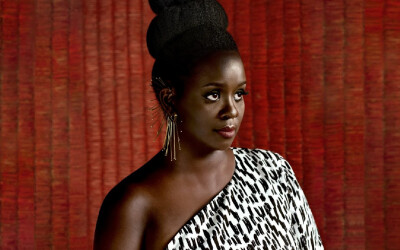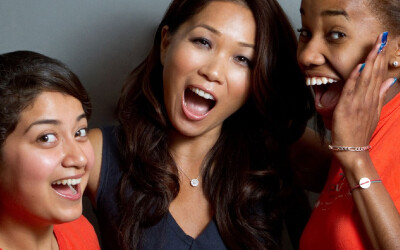For a month, Viola Davis had been stuck. In the spring of 2020, in the late nights of lockdown, she set out to write her memoir. She had her routine: Get out of bed in the middle of the night, make herself a cup of tea, start writing in her movie room, fall asleep in one of its leather recliners, wake up, write some more, nod off again. But for weeks, she couldn’t figure out exactly where to begin. Should she start with her life as a celebrity, or the beauty contest she lost when she was a child, or the fact that people always wanted to hug her when they ran into her in public? Nothing worked.
Then one night, a conversation she had years ago with Will Smith on the set of “Suicide Squad” came floating back into her consciousness. He asked her who she really was, if she had been honest enough with herself to know the answer. She was 50 at the time and replied confidently, indignantly, that yes, she knew. He tried again, saying: “Look, I’m always going to be that 15-year-old boy whose girlfriend broke up with him. That’s always going to be me. So, who are you?”
Talking to Davis about herself feels both analytical and spiritual, as if a flower child went to therapy. When she described how she emotes, she kept likening herself to a prehistoric man, standing at the edge of an ocean, slowly gaining sentience: “ ‘Who the hell am I?’” she said. “ ‘Who made me? Is there someone out there who I can talk to? Who loves me? Why do I have feet? Can I speak?’” Davis told me that too often the artistic representations of Black people are flattened into pure devices, who, say, inspire the white heroine, or comfort the white heroine, or support the white heroine’s decision to get a divorce and fly to Bali. Early in her career, she was relegated to those sorts of parts, so she tried to sneak a bit of humanity into her scenes, giving unmemorable stereotypes some life.




